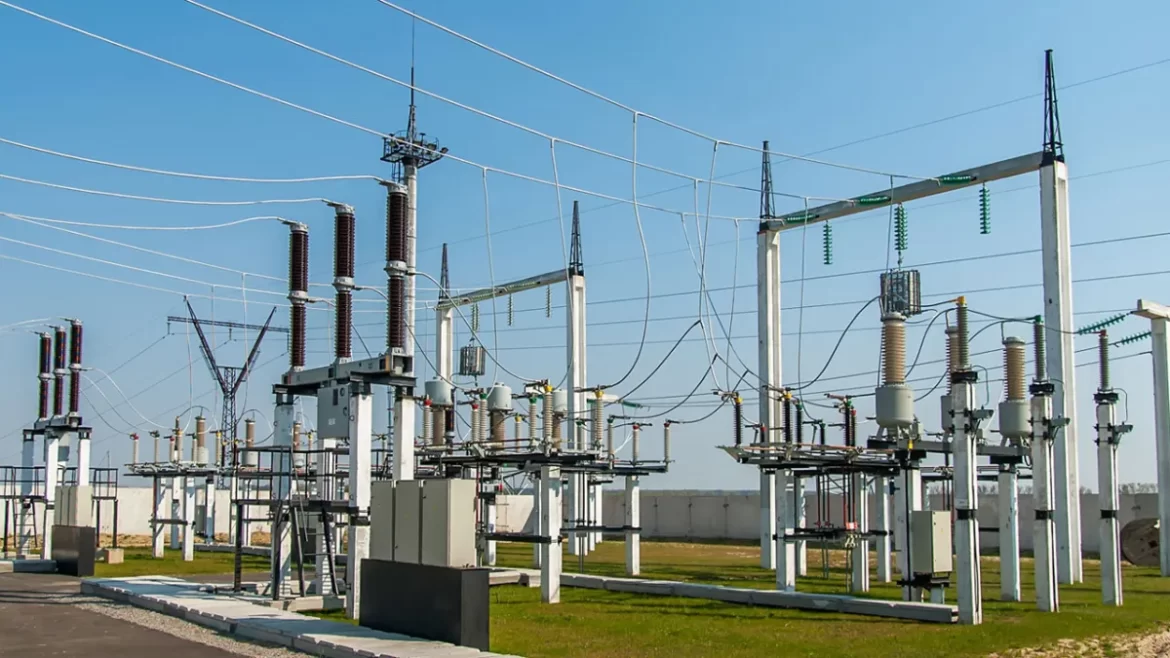615
By Tracy Moses
For years, Nigeria’s electricity Distribution Companies (DisCos) have struggled under the weight of crippling inefficiencies, ageing infrastructure, widespread energy theft, and chronic revenue leakages. But new data from the Nigerian Electricity Regulatory Commission (NERC) suggests the tide may finally be turning, and this matters because improved efficiency by DisCos directly affects electricity pricing, national grid stability, and the quality of power supply available to millions of households.
The Commission’s September 2025 Commercial Performance Factsheet paints one of the strongest performance pictures the industry has seen in years. Significant gains were recorded in billing, collection, and revenue recovery efficiencies, a trend analysts say could signal the beginning of a long-awaited turnaround in the Nigerian Electricity Supply Industry (NESI).
According to NERC, billing efficiency rose to 86.43%, up by 2.58 percentage points from August. The DisCos received energy worth ₦279.45 billion and successfully billed ₦241.54 billion, a sign of tighter metering control, improved energy accounting, and stronger verification systems.
Collection efficiency also climbed to 81.25%, with DisCos recovering ₦196.26 billion of the billed amount, a modest but meaningful 2.69% increase. Revenue recovery efficiency improved to 83.45%, driven by an average realized tariff of ₦97.09/kWh.
These improvements offer a sharp contrast to the longstanding difficulties that have weakened the distribution segment for over a decade. High technical, commercial, and collection losses; widespread energy theft; poor metering; fragile infrastructure; and chronic liquidity shortages have consistently undermined performance and discouraged investment.
To arrest the decline, NERC introduced several reforms, including the Meter Asset Provider (MAP) scheme, Service-Based Tariffs (SBT), and strict performance monitoring through monthly and quarterly factsheets. Industry regulators say the gains recorded in September suggest that these reforms may finally be yielding measurable results.
Eko, Abuja, and Ikeja DisCos once again topped the efficiency charts, demonstrating strong customer service, billing integrity, and administrative discipline. Aba DisCo delivered one of the month’s standout performances with a remarkable 102.85% billing efficiency, credited to aggressive loss-reduction measures and the recovery of legacy debts.
Meanwhile, Benin, Port Harcourt, and Kano DisCos posted moderate improvements. Jos, Kaduna, and Yola continued to lag behind, though with emerging signs of progress.
Energy economist Dr. Chibuzo Anya, speaking to Pointblanknews.com, described the new numbers as the “slow but hopeful shift Nigerians have been waiting for.”
“What we are seeing is the early formation of a healthier financial pathway for the DisCos. If the momentum continues, it will strengthen liquidity across NESI and create room for the investments required to reduce outages, replace failing lines, and modernise the grid,” he said.
He cautioned, however, that the gains could quickly evaporate if regulatory enforcement weakens or if DisCos fail to deepen operational reforms.
A senior NERC official, who also spoke to Pointblank News on background, said the Commission has intensified compliance and monitoring efforts to ensure the progress is sustained.
“The results are encouraging, but we are not easing the pressure. DisCos must deliver measurable improvements in customer service and operational discipline. Nigerians deserve better, and we intend to hold the operators accountable,” the official said.
Despite the positive data, many electricity consumers say they have yet to feel any meaningful impact.
Lagos resident Mrs. Roli Omosede told Pointblank News that while billing accuracy has improved in her area, power supply remains unpredictable.
“They say revenue is improving, but we’re still buying fuel for generators. Until the lights stay on consistently, all these numbers feel far from our reality,” she said.
In Port Harcourt, electrician Chike Onyema expressed similar frustrations.
“You can’t keep raising efficiency figures when transformers are burning out every week. Yes, they are collecting money better, but service must improve at the same pace,” he said.
Consumer rights advocate Aisha Jatau added that transparency and communication must improve before consumers can appreciate the gains being recorded.
“People want clearer billing, faster response times, transparency, and honest conversations about outages. Efficiency is useless if customers can’t feel the benefits,” she said.
Sector analysts say the September report points to rising liquidity within NESI, a critical foundation for stable market operations, increased investment, and long-term sector reform.



